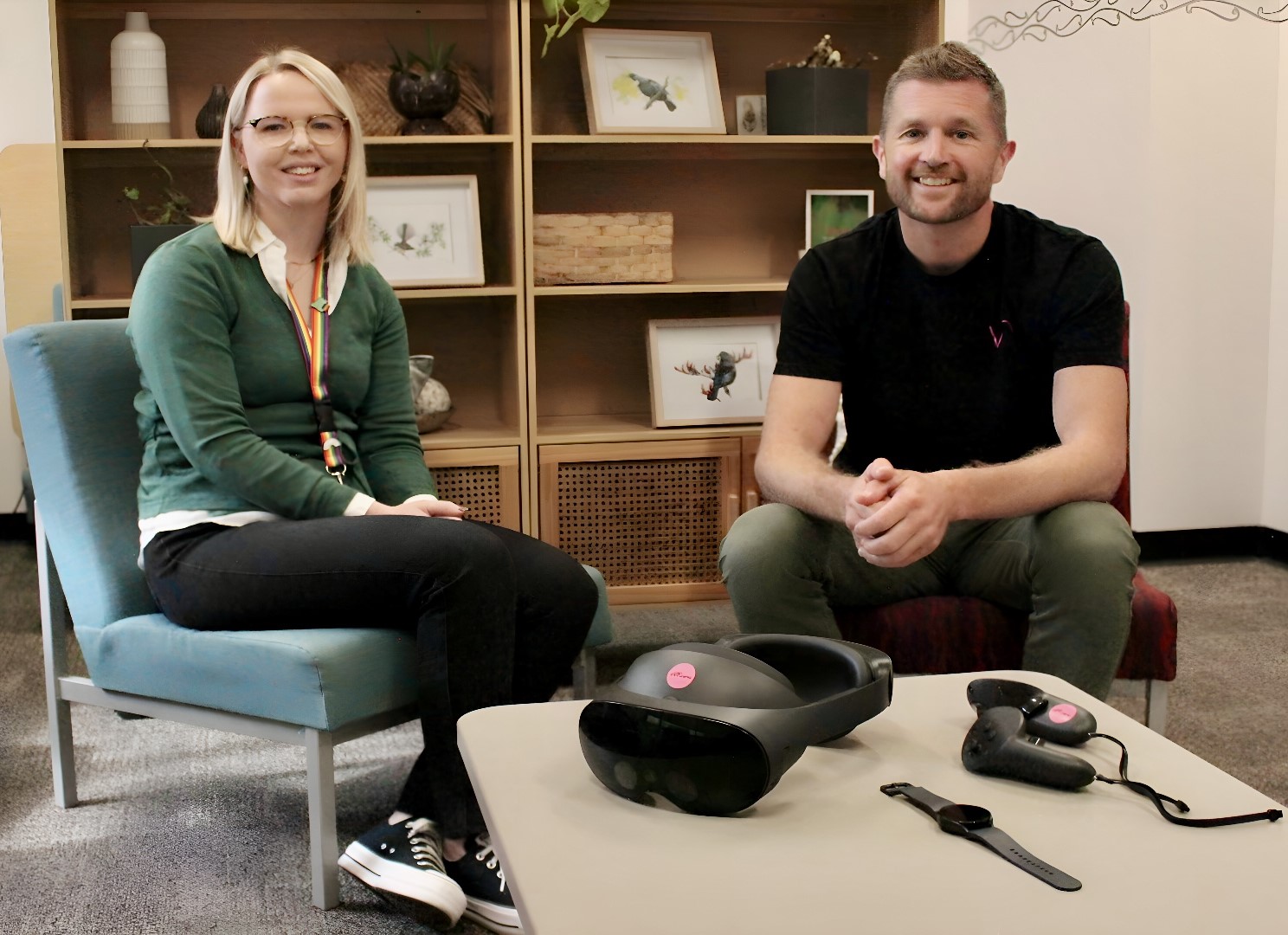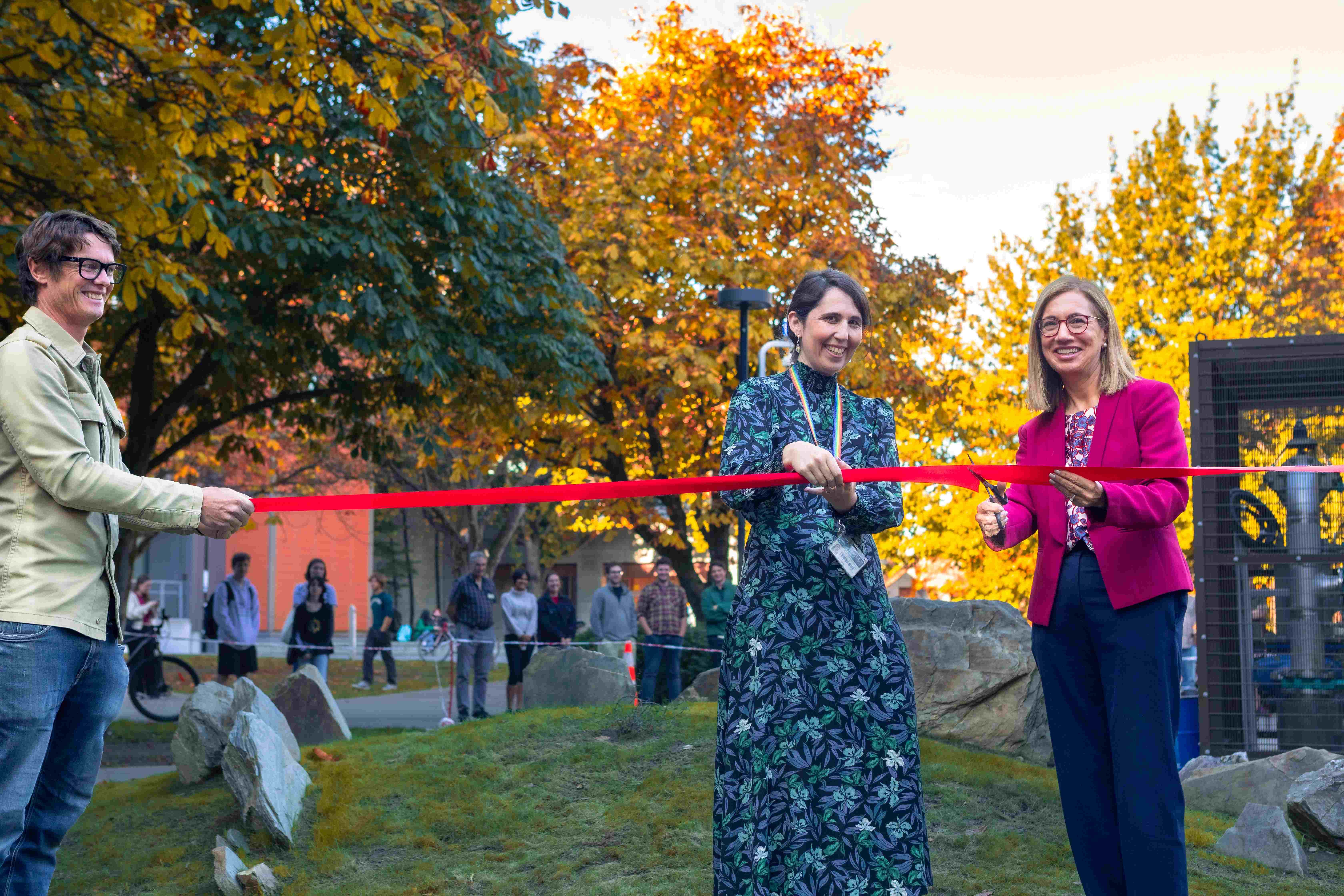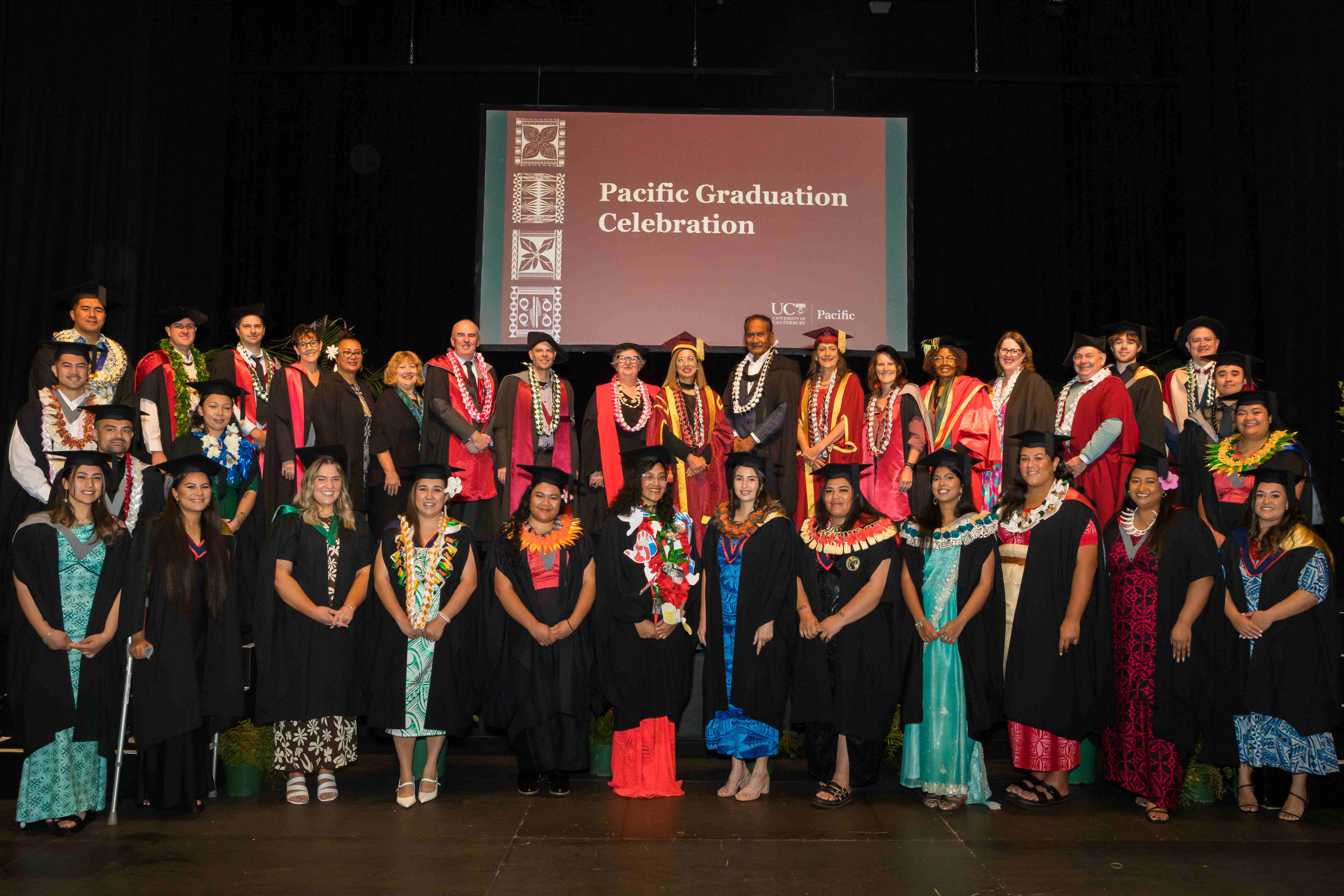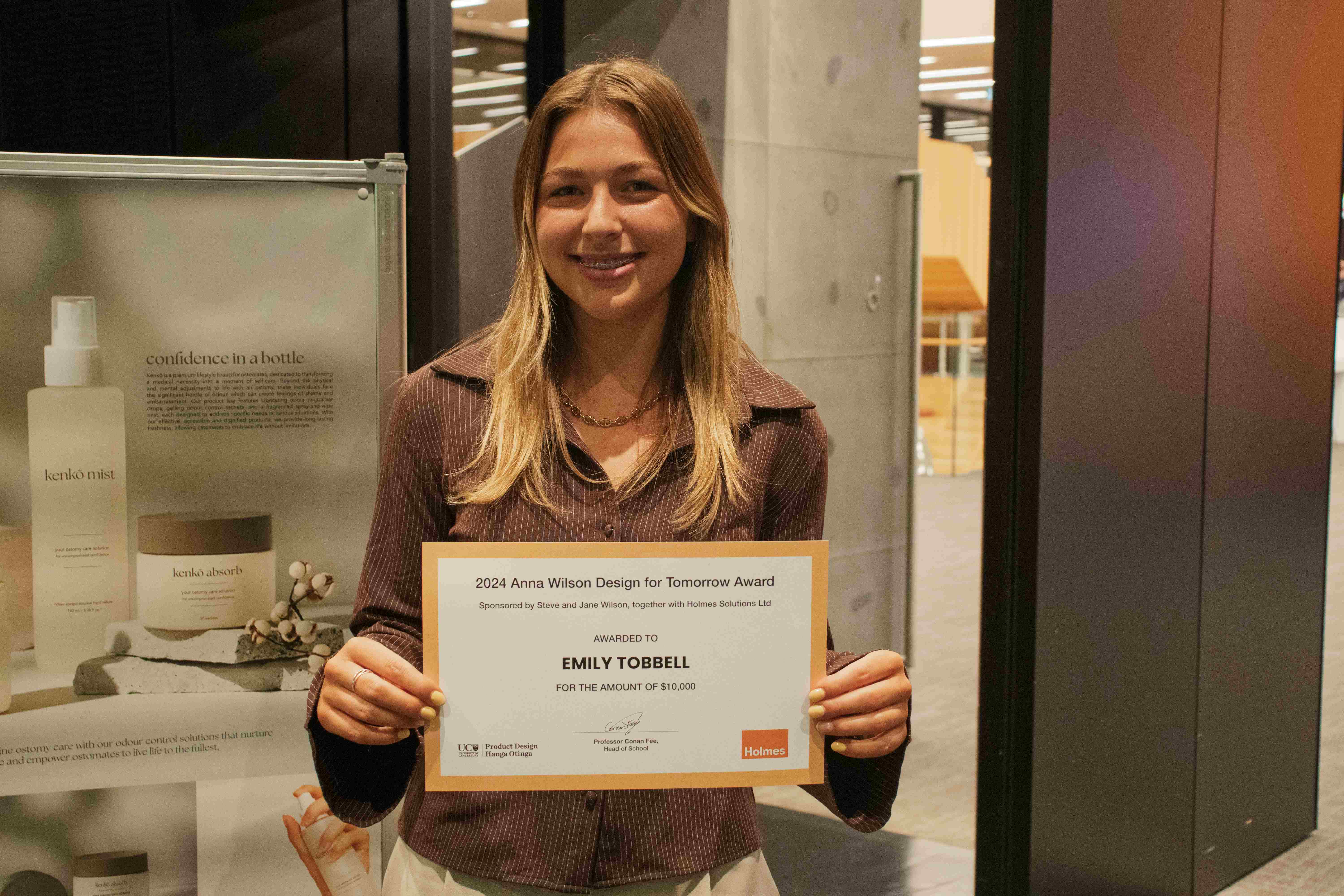Photo caption: UC Professor Sarah Wright’s research on tackling loneliness at work has been published in the Harvard Business Review.
Te Whare Wānanga o Waitaha | University of Canterbury Associate Professor Sarah Wright and Chief Scientist at the Institute for Life at Work Dr Constance Noonan Hadley surveyed 1000 employees across 20 industries to understand loneliness in the workplace. The research was published in the Harvard Business Review.
The survey included young professionals through to senior managers. 42% reported working from the office, 37% hybrid and 21% fully remote. They were then divided into three categories, highly lonely (24.9%), moderately lonely (38.3%), and minimally lonely (36.8%) – with the high lonely group reporting 31% fewer organisation-sponsored social opportunities than the minimally lonely.
Their findings debunked some common myths but also reinforced how far small initiatives can go in reducing loneliness, “Loneliness can’t be resolved solely by returning to in-person work or forming teams. High workloads and toxic organisational cultures hinder relationship-building efforts,” says Associate Professor Wright.
“In our research, we find that things such as communal lunches, happy hours, and informal chit-chat have the highest impact on reducing loneliness.”
We need to therefore prioritise social connection at work, Dr Hadley says. “We need more slack in our schedules to accommodate human connection. We need more well-designed relationship-building opportunities throughout the year. We need more rewards for the people who put effort into building the kind of cohesive team and organisational cultures that matter.”
Organisations can use loneliness assessment tools such as the Work Loneliness Scale the co-authors developed to understand how their employees feel. Other simple steps include: allowing time to build trust, creating a culture of inclusivity, kindness and meaningful relationships, and having casual check-ins and team lunches.
Associate Professor Wright and Dr Hadley have also created a free self-assessment tool to measure work loneliness that captures demographic and work background data for future research. The tool launched in October and has already seen 12,000 submissions.
The authors say reducing loneliness will always pay off. “It creates a happier, healthier and more productive workforce, which in turn improves employee retention and morale creating a stronger organisation with high loyalty.”
And while researching loneliness was not where Associate Professor Wright initially saw her career going, a simple elevator chat in 2001 changed her trajectory, “I got into an elevator with a senior executive, and we started chatting. Unexpectedly, he disclosed how lonely he was in his role. Naively, I was perplexed as to how someone in his position could be lonely. But no one was talking about loneliness back then, and certainly, it was not considered an organisational problem.”
To read the full research report follow the link here.










